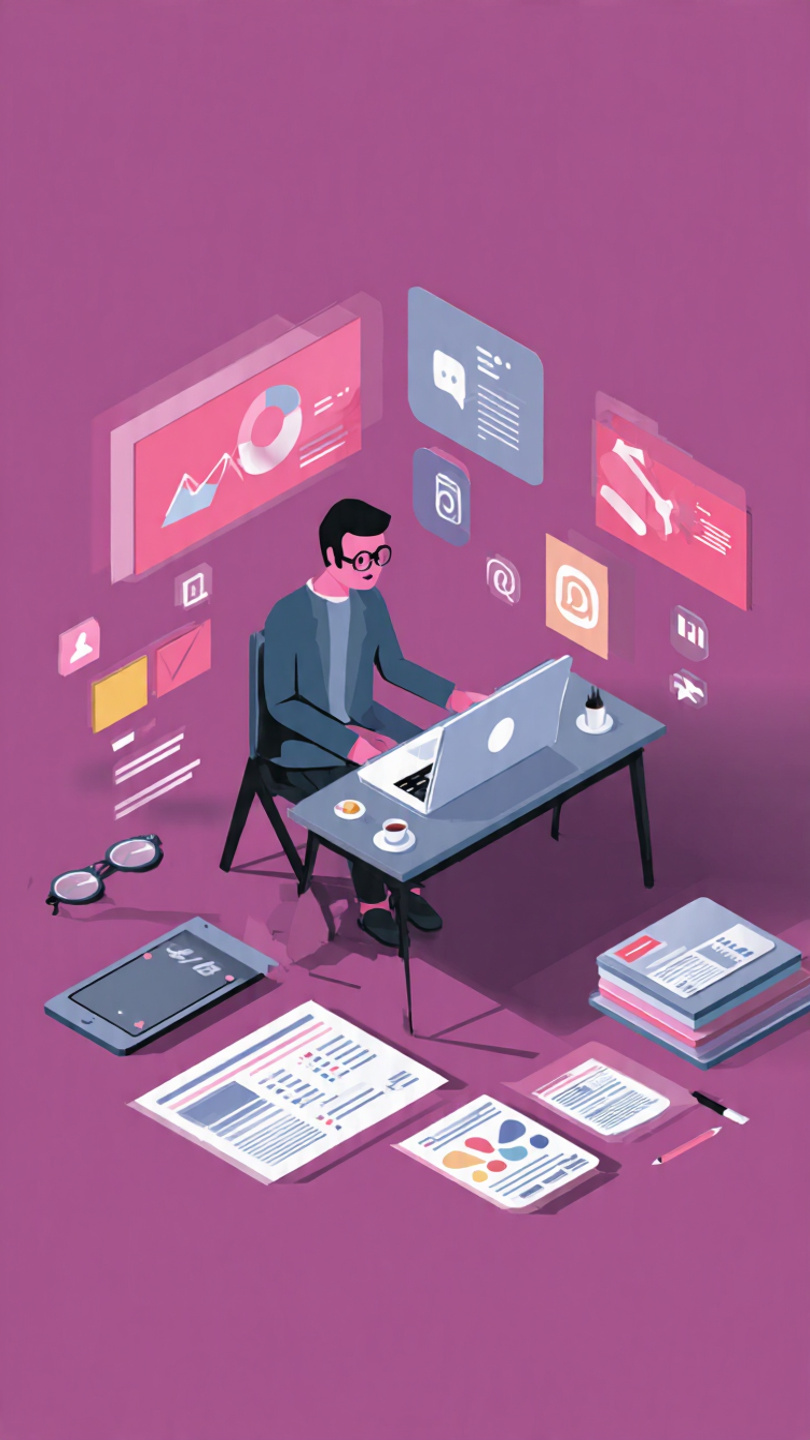
In the last few years, artificial intelligence (AI) has moved from science fiction labs to the center of business strategy. This shift is especially clear in digital marketing. From chatbots answering customer questions at any hour to algorithms that optimize ad spending in real time, AI is often marketed as the solution to inefficiencies, improved ROI, and stronger customer relationships.
But is AI in digital marketing really the game-changer many claim it to be, or is it overhyped, creating more chatter than actual value? In this post, we’ll examine both sides: what AI offers, where it falls short, and how businesses can find a balance between its promises and risks to achieve real results.
What AI Really Brings to Digital Marketing
First, the claim that AI is a game-changer has some truth. Here are specific ways AI is changing the landscape, and why many marketers believe we are entering a new era.
- Efficiency and Automation: Doing More with Less
AI tools can take over repetitive tasks that used to consume a lot of marketers’ time. Tasks like drafting content (blog outlines, ad copy, product descriptions), scheduling social media posts, managing customer service through chatbots, sending follow-up emails, and even placing programmatic ads can now be done partially or fully by AI. This allows human resources to focus on strategy, creativity, and building relationships. The outcome is faster campaign cycles and many more experiments at scale.
- Personalization at Scale
Instead of sending one message to everyone, AI systems analyze engagement data, browsing history, purchase behavior, demographic information, and more to customize content and offers for individuals. Whether through dynamic website content, personalized email subject lines, product recommendations, or retargeted ads, AI enables precise segmentation. For customers, this often feels more relevant and less like spam; for brands, it results in higher conversion rates and better customer retention.
3.Predictive Analytics and Data-Driven Decision Making
While humans make decisions based on experience, intuition, and limited datasets, AI can analyze vast amounts of data, recognize patterns, predict trends, and offer suggestions for improvements in real time. For instance, AI can forecast which customers are likely to leave, which marketing channels are not performing well, what type of content will be popular, and even what time of day or week will yield better engagement. This allows marketers to adjust quickly, manage budgets wisely, and continuously enhance campaign results.
The Real Risks, Limitations, and Hype
However, every coin has two sides. As more people hype up AI, marketers and brands are becoming more aware of its limitations. Here are the real risks, limitations, and areas where the hype surpasses practical benefits.
1.Loss of Authenticity and Brand Voice
AI models usually generate content by mimicking patterns in existing material, which can lead to sameness. If many brands use similar prompts or lean heavily on popular AI writing tools, the result is often bland and generic content that lacks personality. For many businesses, their brand identity is crucial; over-automation or reliance on AI can diminish that uniqueness.
2.Over-Automation and Lack of Human Oversight
Many challenges come not from AI itself, but from using it without enough human input. Without editorial oversight, strategic thinking, or human creativity, AI output can be technically sound but lack depth. It may miss important subtleties like tone, nuance, cultural context, and emotional resonance. Human input remains essential.
Looking Ahead: What the Future Might Hold
As AI in digital marketing continues to evolve, here are some expectations:
– Explainable AI and Accountability: Tools will need to produce not just output but explanations for suggestions made. Transparency builds trust.
– AI and Immersive Technology: The combination of AI with AR/VR, mixed reality experiences, and interactive personalization could lead to new breakthroughs.
– Improved Regulatory Frameworks: Regulations on data, AI-generated content, deepfakes, and advertising transparency will become crucial. Brands that stay ahead of these regulations will avoid costly missteps.
– Human-AI Collaboration Models: Instead of viewing it as AI versus humans, expect workflows where AI handles the data tasks, and humans focus on creativity, empathy, and strategy.
– Greater Focus on Ethical and Sustainable AI: Addressing bias, fairness, and responsible data usage will not be optional; these will be expected.
In summary, AI in digital marketing is not just a trend. It is reshaping the industry. The impact of this tool hinges on how it is used. When employed thoughtfully, ethically, and with strong human involvement, AI can revolutionize how brands connect with their audiences. If misused, it risks reducing brands to imitations, alienating customers, or compromising credibility.
For those in digital marketing, the question is not whether to use AI, but how to use it effectively. Commit to authenticity, ethics, creativity, and learning, and you will find AI to be an ally.
